Difference between revisions of "Suede - Nubuck - Buckskin"
| Line 219: | Line 219: | ||
== [[Leather videos|Videos]]== | == [[Leather videos|Videos]]== | ||
| + | <p align=center> | ||
| + | <flashow>//www.youtube.com/v/e3NU1WQ3YTw&fs=1&color1=0x660000&color2=0x550000&border=1|width=500|height=281,25</flashow> | ||
| + | </p> | ||
| + | <p align=center> | ||
| + | ''The use of [https://www.lederzentrum.de/tip/moebel/rauleder.html COLOURLOCK Nubuck Fresh] to refresh colours.'' | ||
| + | </p> | ||
| + | |||
| + | |||
<p align=center> | <p align=center> | ||
<flashow>//www.youtube.com/v/FdwWvFRepBs&fs=1&color1=0x660000&color2=0x550000&border=1|width=500|height=281,25</flashow> | <flashow>//www.youtube.com/v/FdwWvFRepBs&fs=1&color1=0x660000&color2=0x550000&border=1|width=500|height=281,25</flashow> | ||
Revision as of 07:57, 4 May 2020
Contents
Nubuck and Suede
Nubuck and suede is sanded leather with a more or less velvet-like surface. The advantage is a pleasantly warm and soft surface and a nice structure.
On the grain side, rough-sanded smooth leather is called nubuck. The surface of the reverse (flesh side) is called suede. Also, the outwardly processed, uncoated back of a smooth leather, lambskin or cowhide is called suede. On nubuck, the velvety sanded leather fibres are very fine. The fibres of suede are significantly coarser.
On nubuck, the sanded leather fibres are very fine.
Suede has significantly coarser leather fibres.
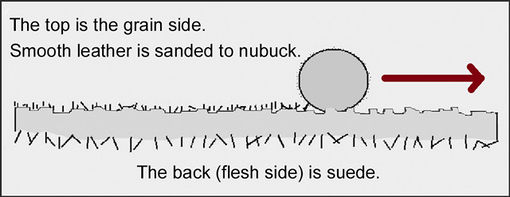
Nubuck leather is made by sanding rough the grain side.
Buckskin
Buckskin was a traditional type of leather of the Indians of North America. The grain surface of deer, reindeer and elk skins was scratched away and the skin was processed to suede. Buckskin was brain tanned or tanned with fish oil or aldehyde or combinations of it. Some buckskin leathers get a finish on one of the sides. Brain-tanned leather is usually smoked heavily to prevent it from rotting. Buckskin is used for shoes, bags and leather clothing.
Video about leather from different type of animals.
Nubuck
Nubuck is smooth leather sanded rough on the grain side. The roughening with an abrasive gives the leather a velvety surface. The leather is thus very soft and has a good breathability. Rarely, the term "nubucked leather" is used for nubuck.
The disadvantage of this surface is a markedly increased sensitivity to stains and soiling. The UV resistance is also significantly reduced and therefore tends to fade. Nubuck and suede also have a higher risk of dye transfer. This can be due to sanding dust or excess dyes.
Nubuck has a very fine pile, recognizable when wiping over.
Nubuck can be waterproofed. With older leathers, the waterproofing properties decrease and drops start penetrating the surface.
Nubuck leather is mainly made from cow hides and calf skins. But also goat, lamb or deer skins are processed to nubuck. Nubuck is used for furniture, handbags, clothing and shoes. Only rarely for cars like the Z1 from BMW or the Maybach from Mercedes.
Nubuck leather furniture.
Only slightly sanded leather (slightly nubucked) from www.leder-fiedler.de and furniture of www.marquardt-produktion.de.
Nubuck in the BMW Z1 in the back and side flanks. - Nubuck skylight in the BMW|BMW E28 M5 from 1986.
Nubuck leather glove compartment in the Mercedes Maybach. - Nubuck on a bike saddle.
The term "nubuck" might come from "buckskin". It is assumed that "new buck", coming from "buckskin", was shortened to "nubuck".
Embossed nubuck
Embossed nubuck is where a coloured embossing has been applied with a roller. In the area of the colour application (the dark areas), the leather is then a pigmented smooth leather and, in between (light areas), a normal nubuck leather. The embossing is always darker than the nubuck leather.
Embossed nubuck was widely used in the 80s and 90s. In the meantime, this type of leather is rarely found. Occasionally, embossed nubuck is used for clothing and shoes. It has never been used for cars,
There are many different patterns. Most typical is the natural grain optic of smooth leather.
Here, only the grain of a smooth leather was embossed without colouring into the nubuck.
A new variant of embossing and nubucking is deep embossing. To create this variant, a pigmented smooth leather is heavily embossed. Then, the protruding edges are abraded. The manufacturer points out that the leather is not suitable for seat and wear surfaces. The edges wear too easily with use.
Optics of the nubucked deep embossing.
Suede
Suede is the name of two types of leather. One is the split leather (double-sided velour surface. The second is the uncoated flesh side of a smooth leather (reverse). In contrast to the very velvety nubuck, suede is significantly rougher.
Close-up of suede.
Suede furniture.
The most common use of suede leather is on sneakers as well as working gloves. In both cases, the protective function and the strong breathability of this type of leather is essential. Suede is very porous, and sweat can therefore pass through easily. As hands and feet sweat very quickly, this is an important advantage.
Sneakers often have surfaces made of suede. With lambskin slippers, the velour side (flesh side) is processed on the outside.
Suede is often used for working gloves.
When gluing leather on car parts, the flesh side leather fibres are often pressed and glued down beforehand so that irregularities are not visible on the upper side later. The back is pre-treated like this even more.
On the right the velour fibres were glued down and ironed.
Cleaning and care instructions
![]() -> COLOURLOCK - CLEANING AND CARE OF NUBUCK AND SUEDE FURNITURE
-> COLOURLOCK - CLEANING AND CARE OF NUBUCK AND SUEDE FURNITURE
![]() -> COLOURLOCK - CLEANING AND CARE OF NUBUCK AND SUEDE SHOES
-> COLOURLOCK - CLEANING AND CARE OF NUBUCK AND SUEDE SHOES
![]() -> In German: http://www.lederzentrum.de/tip/index.html www.lederzentrum.de]
-> In German: http://www.lederzentrum.de/tip/index.html www.lederzentrum.de]
![]() -> Rest of the world: partners worldwide
-> Rest of the world: partners worldwide
Videos
The use of COLOURLOCK Nubuck Fresh to refresh colours.
The cleaning of suede shoes.
Additional information
- Buckskin
- Split leather
- Coated split leather
- Nubucato
- Semi-nubuck
- Chamois leather - Wash leather
- Types of leather








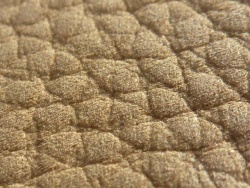
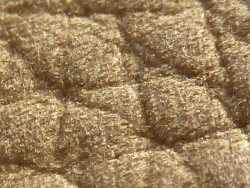

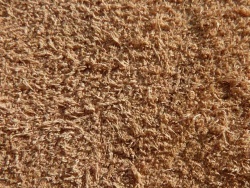
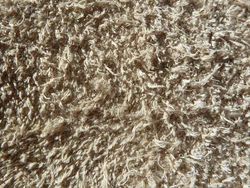
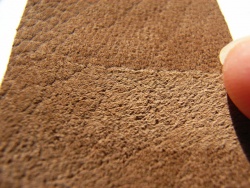
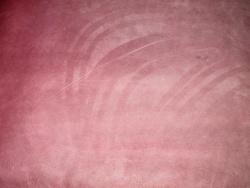
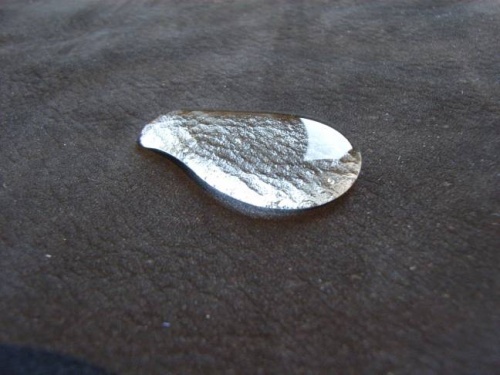
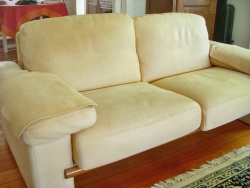
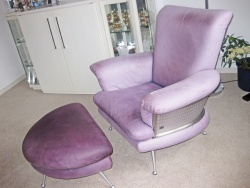
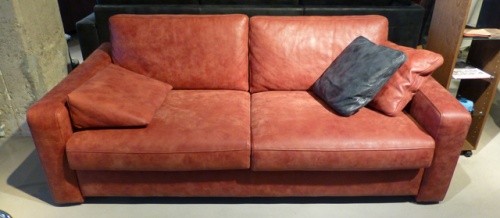
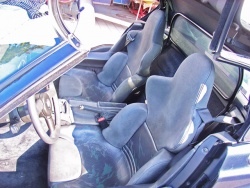
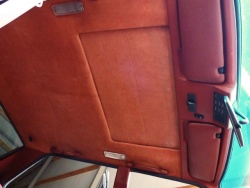
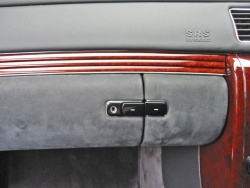
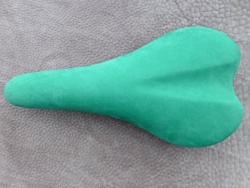
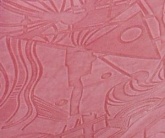
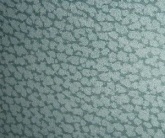
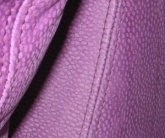
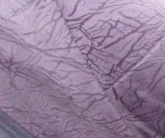
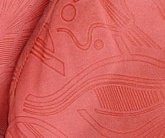
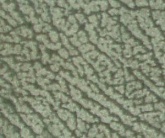
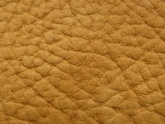
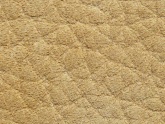
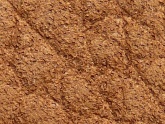
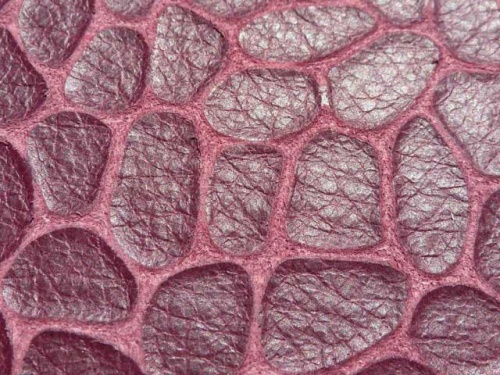
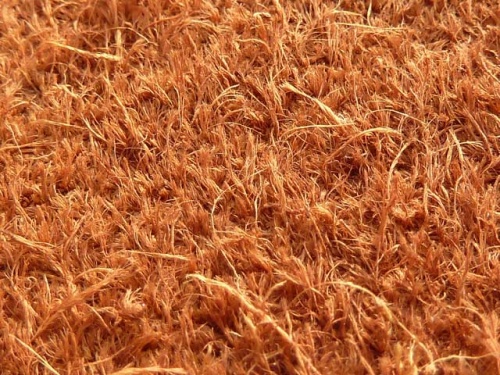
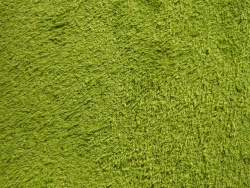
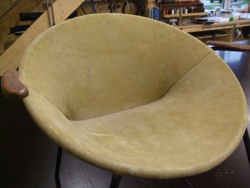
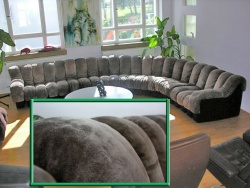
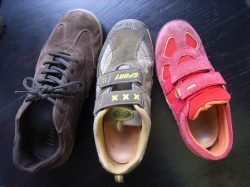
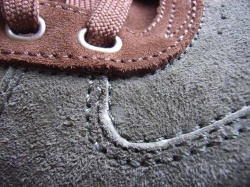
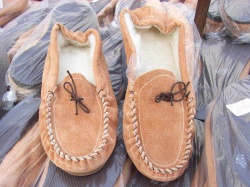
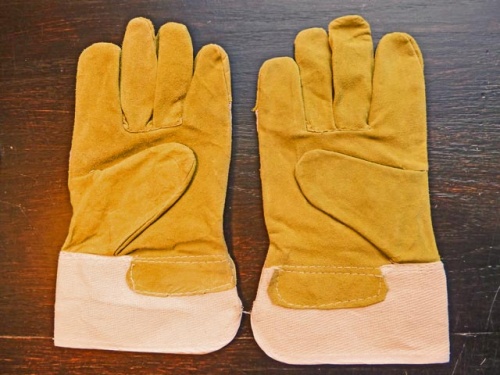
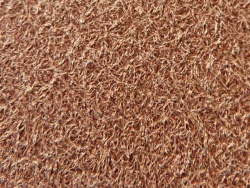

 a kotori web solution
a kotori web solution